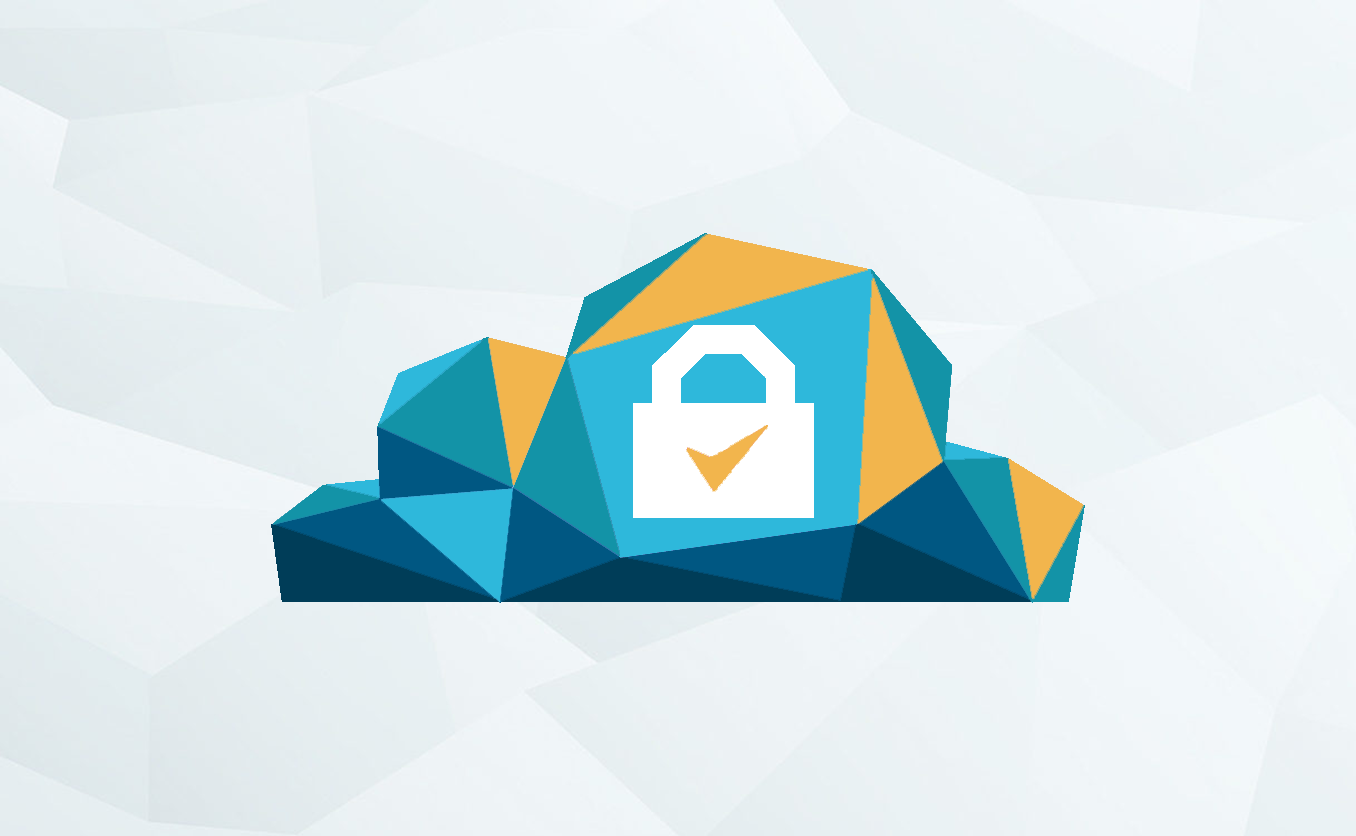
In collaboration with Charity Digital, we have published a new whitepaper that explores how artificial intelligence and Microsoft AI tools can transform the way that charities approach fundraising. Download a copy of the free whitepaper here.

Tap into tailored expertise, certified by Microsoft
Become a better business by migrating to Microsoft Azure
Make Azure your foundation for innovation, security and scalability
Protect your business and its assets against evolving threats
Have confidence innovating under the spotlight of industry regulation
Futureproof your business with AI technology
Transform your business with data-driven insights, automation and AI
Adopting AI can seem complex, but it doesn’t have to be. The secret to successfully implementing AI is putting the right foundations in place.
Find out how
Adopting AI can seem complex, but it doesn’t have to be. The secret to successfully implementing AI is putting the right foundations in place.
Find out how
Tap into tailored expertise, certified by Microsoft
Become a better business by migrating to Microsoft Azure
Make Azure your foundation for innovation, security and scalability
Protect your business and its assets against evolving threats
Have confidence innovating under the spotlight of industry regulation
Futureproof your business with AI technology
Transform your business with data-driven insights, automation and AI
Adopting AI can seem complex, but it doesn’t have to be. The secret to successfully implementing AI is putting the right foundations in place.
Find out how
Adopting AI can seem complex, but it doesn’t have to be. The secret to successfully implementing AI is putting the right foundations in place.
Find out how


In collaboration with Charity Digital, we have published a new whitepaper that explores how artificial intelligence and Microsoft AI tools can transform the way that charities approach fundraising. Download a copy of the free whitepaper here.
Get a call back from one of our team to talk about your business.
We’re ready to transform your business. Are you?
Send us a message and one of our experts will get back in touch to arrange an initial conversation.